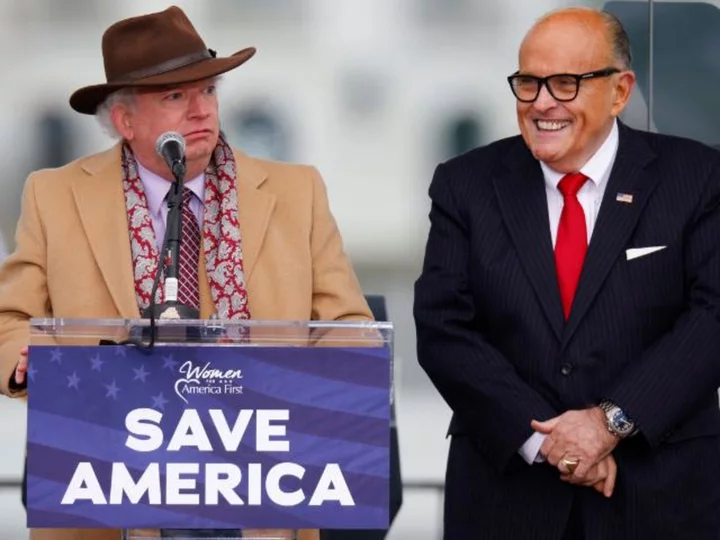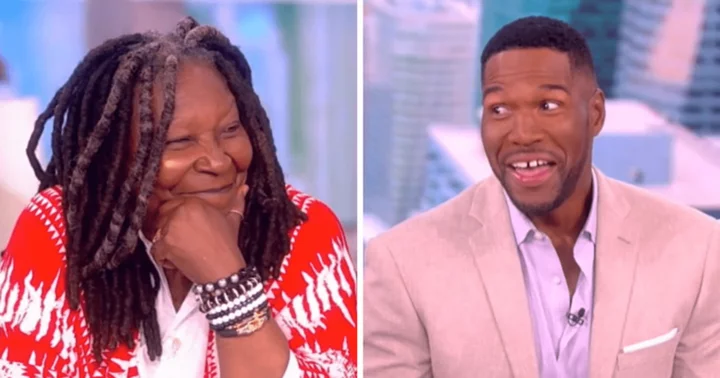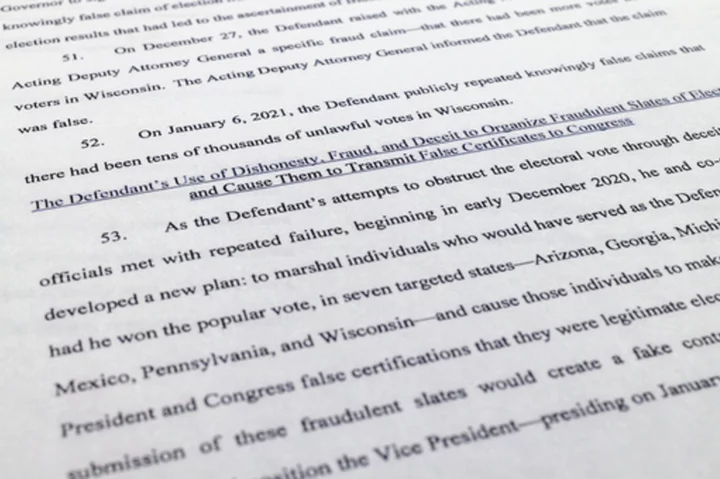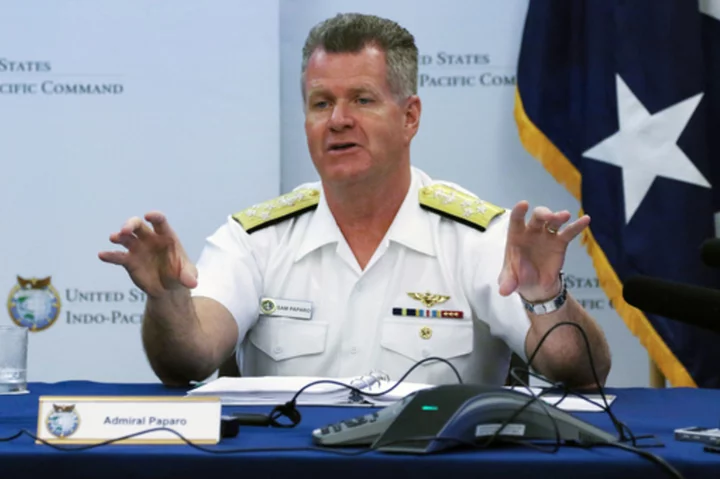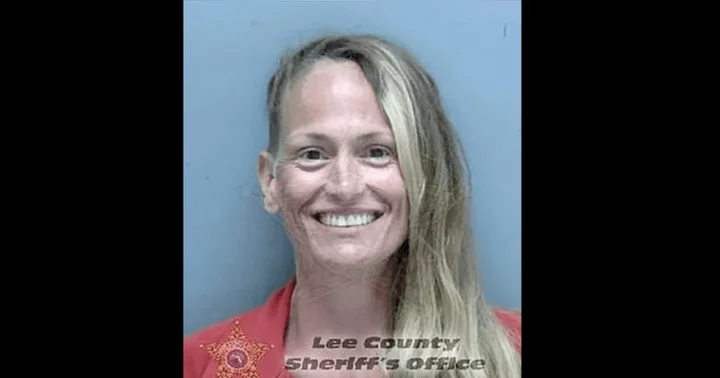An ex-adviser to former Vice President Mike Pence claimed Wednesday that he convinced Donald Trump attorney John Eastman that not even conservative Supreme Court Justice Clarence Thomas would embrace the controversial legal theory that Pence could block Joe Biden's 2020 victory.
The ex-Pence adviser, Greg Jacob, is testifying in the attorney ethics proceedings for Eastman, whom the California Bar is seeking disbarred because of the role Eastman played in Trump's bid to overturn the 2020 results.
Jacob recounted how he countered Eastman's belief, during a January 5, 2021, meeting, that Thomas might vote in favor of the idea that Pence, as vice president, had the authority to disrupt Congress' certification of Biden's electors.
Jacob said he pointed to a specific decision -- regarding congressional term limits -- where Thomas' dissent showed that the justice took strict view the Constitution's enumerated powers and how the position Eastman was advocating for lacked a historical record that would be needed to attract Thomas' support.
"So, in light of all of that, he then conceded, 'Okay, you're right. I don't think Clarence Thomas would vote that way,'" Jacob testified, adding that Eastman, however, continued to put forward the possibility that the Supreme Court would refuse to even hear the case because it involved a supposed "political" question.
Jacob previously testified to the House committee investigating the January 6, 2021, US Capitol attack in both a private deposition and at a public hearing, and much of his account Wednesday of his dealings with Eastman followed the broad strokes he had outlined for lawmakers.
But during Wednesday's disciplinary proceedings, the line of questioning from California Bar attorney Duncan Carling had Jacob go into granularities of the legal debates he and Eastman were having about the vice president's role in the January 6 electoral count.
The California Bar is arguing that Eastman had no good basis for promoting the fringe legal theories about Pence's authority to disrupt the January 6 ceremony. The Bar has brought 11 charges of ethics violations against Eastman, and the proceedings are now unfolding in a courtroom in Los Angeles before State Bar Court Judge Yvette Roland.
The California Supreme Court will have the final say over whether Eastman violated the attorney ethics rules and what punishment he will face.
Eastman and his lawyers argue that the relevant law and Constitutional provisions about the vice president's powers were ambiguous and subject to debate.
"It was just advocacy," Eastman attorney Randy Miller said in an opening statement on Tuesday. "Two smart people talking about the scope of constitutional authority -- which was, by far, not clear. An honest debate held in good faith that lawyers do."
During his testimony Wednesday, Jacob ran through historical examples of past congressional Electoral Count ceremonies -- including a 1797 episode involving then Vice President John Adams, and how then-Vice President Richard Nixon approached disputed electors from Hawaii after the 1960 election -- that Eastman thought helped his case. Jacob laid out the details of those episodes and why they cut against the arguments Eastman was making about the vice president's powers.
"After we discussed those incidents, Dr. Eastman agreed that they did not represent vice presidential rejection of electors, vice presidents asserting or expressing that they had any kind of authority, or vice presidents even making any kind of affirmative decision," Jacob said, though he added that Eastman did not concede that the examples didn't support his arguments.
In addition to the congressional probe, Jacob has also testified repeatedly last fall to a grand jury investigating the Trump-aligned 2020 election subversion plots -- with one of those appearances coming after Trump lost a court bid to prevent Jacob from answering certain questions. Eastman, meanwhile, had his phone seized by federal investigators last summer.
In the disbarment proceedings Eastman is currently facing, the California Bar is arguing that Eastman did real harm to the nation and to the legal profession by pushing frivolous legal arguments and debunked election fraud claims.
"The people who marched on the Capitol believed -- most of them at least believed -- that the vice president had the authority to determine the validity of those certificates or at minimum that he had the authority to suspend the proceedings and send it back to the state legislatures," Jacob said Wednesday.

